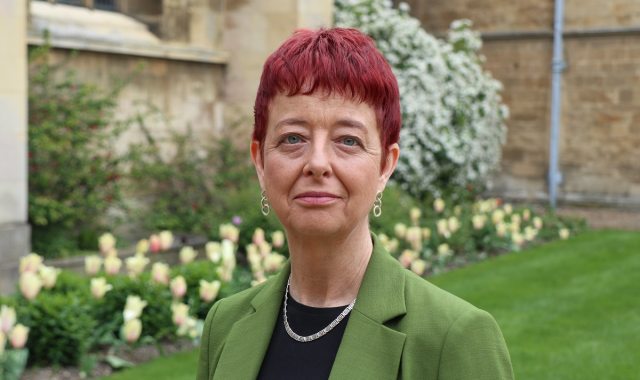Land Economy
Land Economy is a unique combination of economics, law, planning and development that is essential to tackle contemporary societal challenges.
Land Economy is a special subject because of its distinctive interdisciplinary nature. Its main focus is land, property, urban and regional planning and environmental protection. Its teaching programme comprises a full three-year undergraduate course (Tripos). You can explore the curriculum of Land Economy in more detail here, and find the offer holder reading list available here.
Teaching in Land Economy is research-driven and policy-oriented. Land Economy has come out on top in the latest 2021 Research Excellence Framework. 67% of the research work was rated as 'world-leading', the best in the country in the field of 'Architecture, Built Environment and Planning', and ahead of the Cambridge average of 62%. The average quality of Land Economy's work was also ranked number one by Times Higher Education.
There is also considerable scope for original research in the form of a third-year dissertation as an integral part of the Tripos. It is not a programme of vocational training, yet it has the advantage of recognition by the Royal Institution of Chartered Surveyors (RICS) under a special partnership scheme. The course also carries part-exemption (by application) from the requirements of the Law Society.
Land Economy at Caius
We usually admit five students in Land Economy each year. This makes for a small and supportive group within a large and diverse College. The College is centrally located, very near to the Land Economy department. The Director of Studies is Dr Li Wan.
"Studying Land Economy at Caius allows you to explore a diverse set of subjects such as Economics, Law and Sustainability. The course focuses on relevant issues such as Brexit, gentrification and regional inequalities, providing a different perspective on the world’s most pressing problems and encourages you to think critically about policy-making and possible solutions. Land Economy is a relatively small course where the atmosphere is welcoming and friendly and you have the opportunity to get to know all your coursemates over the year through supervisions which usually take place in the Department!"
Reyna, first year Land Economy student at Caius
Teaching Fellows
Admissions
Land Economy may be approached from many backgrounds and there are no A Level subjects that are essential prerequisites. Economics, Geography, Law, the statistical parts of Mathematics, and Politics are all useful and relevant subjects, but it is perfectly possible to be considered for admissions with A Level (or equivalent) subjects which are entirely different. What matters is analytical ability, enthusiasm, wider exploration of the subject and a willingness to work hard.
Candidates for Land Economy at Caius are considered on the basis of their full written application and academic record to-date, and two interviews. At least one interview will be with two subject specialists.
If you have any queries about Admissions, please contact the Admissions Office.

